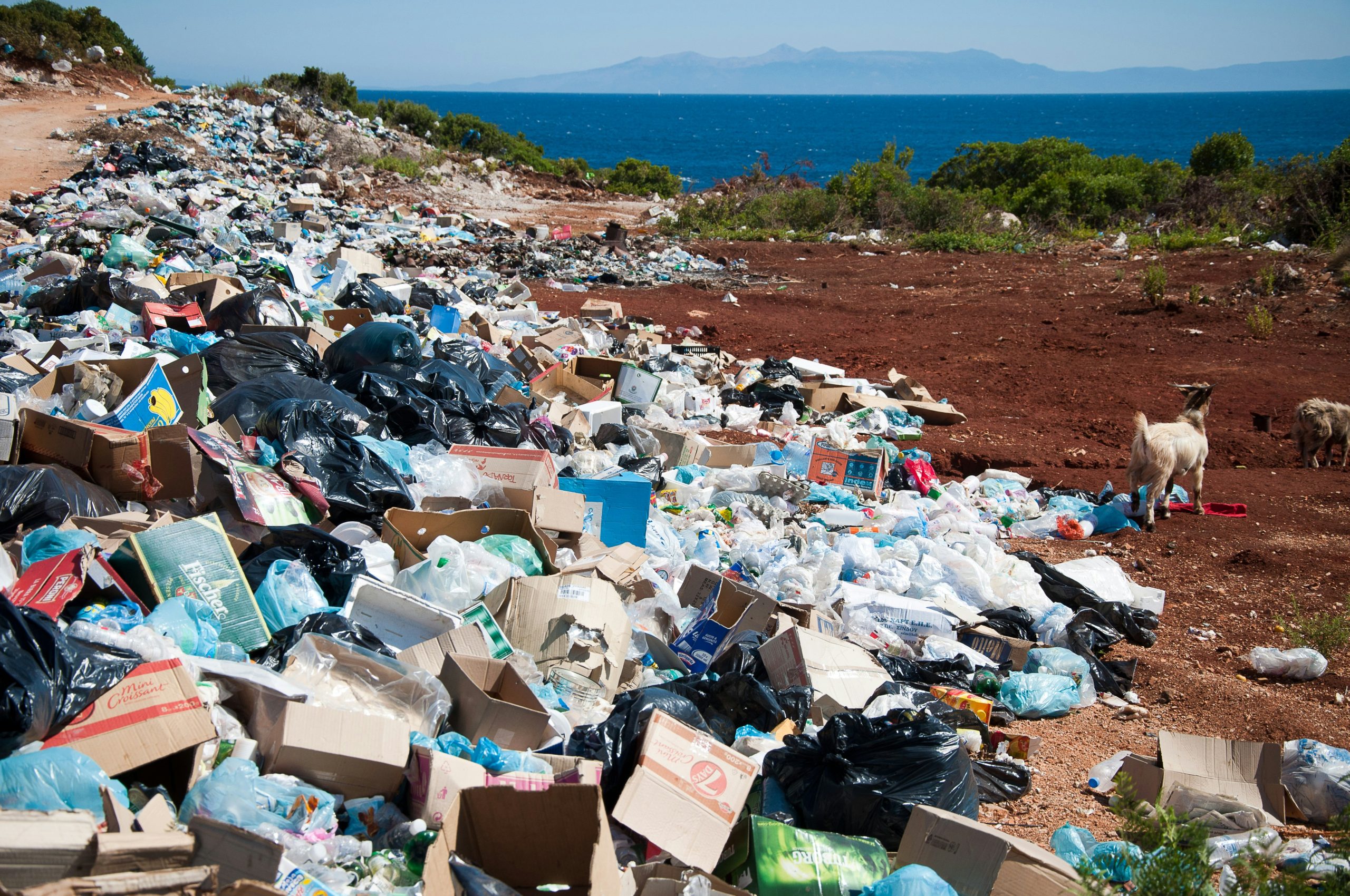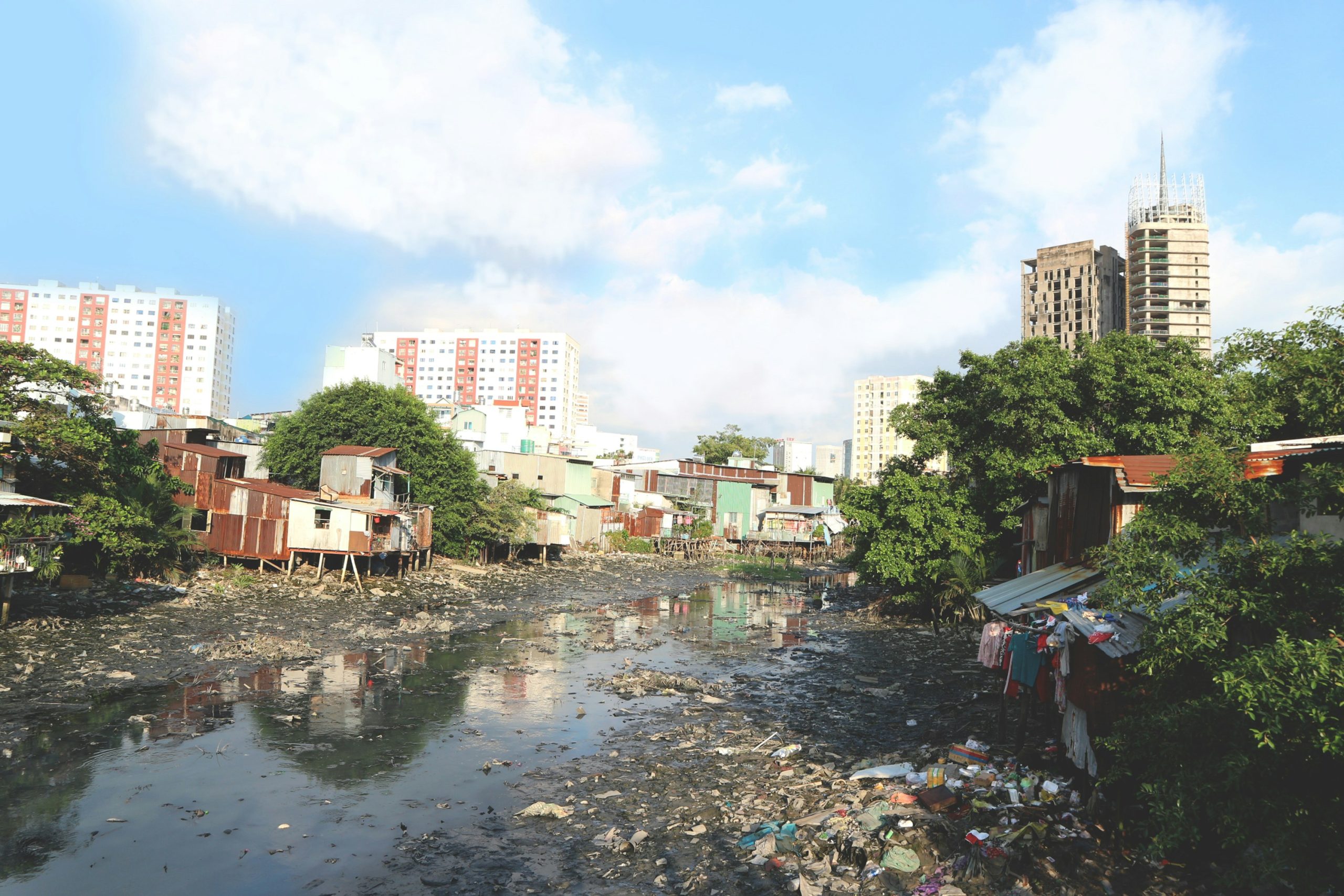Plastic pollution is one of the most significant environmental problems affecting our planet today. Plastic waste is everywhere, from our oceans and beaches to our cities and rural areas. The impact of plastic pollution on the environment is alarming, and urgent action is needed to address this issue. In this article, we will explore the effects of plastic pollution on the environment and highlight some of the plastic waste issues.
Introduction
Plastic waste is a major concern for our environment. Plastic is a non-biodegradable material that takes hundreds of years to decompose. As a result, plastic waste accumulates in our environment and poses a significant threat to our ecosystem.
What is Plastic Pollution?
Plastic pollution refers to the accumulation of plastic waste in the environment. This waste includes plastic bags, bottles, straws, and other items that are not biodegradable. These items do not break down naturally and can cause significant harm to the environment.
Sources of Plastic Pollution
There are several sources of plastic pollution, including:
- Single-use plastics such as bags, straws, and cups
- Plastic packaging used for food, beverages, and other products
- Microplastics from personal care products and synthetic fabrics
- Industrial waste from plastic manufacturing and processing
Effects of Plastic Pollution on the Environment
The effects of plastic pollution on the environment are significant and far-reaching. Some of the most concerning impacts include:
Threat to Wildlife
Plastic pollution poses a significant threat to wildlife. Marine animals such as sea turtles, dolphins, and whales can mistake plastic waste for food and ingest it. This can lead to injury, illness, and death. Additionally, birds and other animals can become entangled in plastic waste, leading to injury and death.
Damage to Ecosystems
Plastic pollution can cause significant damage to ecosystems. When plastic waste accumulates in an area, it can disrupt the balance of the ecosystem and harm plant and animal life. Additionally, plastic waste can release harmful chemicals into the environment, leading to further damage.
Human Health Risks
Plastic pollution can also pose a significant risk to human health. When plastic waste breaks down, it can release harmful chemicals into the environment. These chemicals can then enter the food chain and potentially harm human health.
Plastic Waste Issues
In addition to the environmental impacts, plastic waste also poses several other issues, including:
Waste Management Challenges
Plastic waste is a significant waste management challenge. The sheer volume of plastic waste generated each year makes it difficult to manage effectively. Additionally, plastic waste can be difficult and expensive to recycle.
Economic Costs
The economic costs of plastic pollution are significant. The cost of cleaning up plastic waste, as well as the loss of revenue from tourism and other industries impacted by plastic pollution, can be significant.
Conclusion
Plastic pollution is a significant environmental problem that requires urgent action. The effects of plastic pollution on the environment are far-reaching and can have significant impacts on wildlife, ecosystems, and human health. To address this issue, we must reduce our use of plastic and improve waste management practices.
FAQs on Plastic Pollution
1. What are microplastics, and why are they dangerous?
Microplastics are tiny plastic particles that contaminate water, food, and even the air we breathe. They pose health risks to humans and marine life.
2. How can I reduce my plastic waste at home?
Simple steps include using reusable items, buying in bulk, and avoiding plastic-packaged products.
3. What happens to plastic in landfills?
Plastics take hundreds of years to decompose, releasing toxins into the environment.
4. Are biodegradable plastics a real solution?
While promising, many biodegradable plastics require industrial conditions to break down, limiting their effectiveness.
5. Why do companies still use so much plastic?
Plastics are cheap, durable, and versatile, making them attractive to businesses despite their environmental impact.
6. Can we ever eliminate plastic pollution completely?
We can drastically reduce plastic pollution with stronger regulations, innovative materials, and consumer action.



